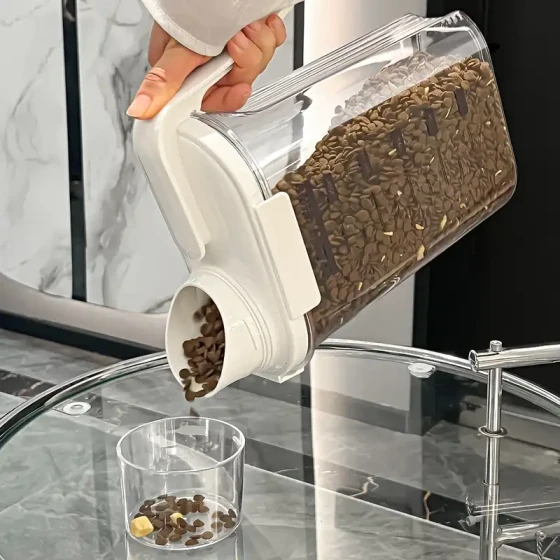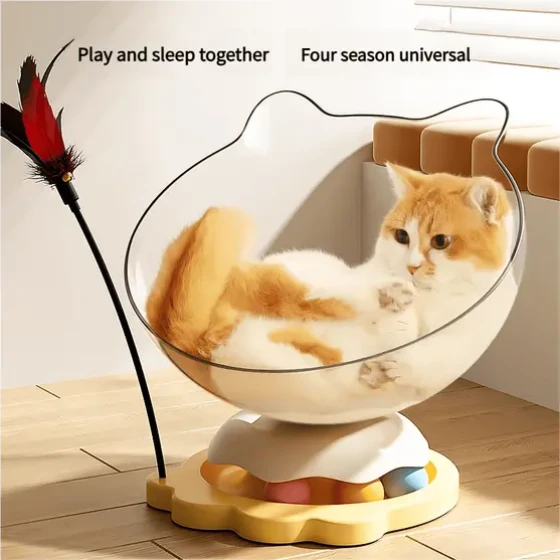Can 2-month-old cats eat egg yolk
Can 2-month-old cats eat egg yolk? This is a question many pet owners care about. In fact, 2-month-old cats can eat egg yolk, but it is best not to give them too much. So, what are the benefits of feeding egg yolk to a 2-month-old cat? And why is it better not to give them too much? Today let us answer these questions for you.
Benefits of 2-month-old cats eating egg yolk

Egg yolk is one of the indispensable nutrients in a cat's diet. It contains a rich supply of protein, fat, vitamin A, vitamin B2, vitamin B12, iron, phosphorus, calcium, zinc, and other nutrients that help cats grow and develop healthily. The protein in the egg yolk is especially crucial for the cat's metabolism and weight maintenance.
Why 2-month-old cats should not eat too much egg yolk
Although egg yolk contains abundant nutrients, 2-month-old cats should not eat too much. This is because the cholesterol content in egg yolk is too high. For kittens, excessive intake can affect fat metabolism and overload the liver, making them prone to liver diseases and other health problems.
Optimal proportion of egg yolk for 2-month-old cats
The optimal proportion of egg yolk for 2-month-old cats is only 1/4 of an egg yolk per day. Besides this, cats also need to supplement other nutrients, such as fish, chicken, and beef, to meet their nutritional needs.
Proper way to feed egg yolk
If you want a 2-month-old cat to eat egg yolk, it is best to soak the yolk in warm water, then mix the warm water and yolk evenly, and bake it in the oven. Then you can take the cooked egg yolk and put it in the cat's bowl for the cat to eat by itself. Additionally, you should pay attention to cleaning the utensils to prevent the cat from ingesting bacteria.
Summary
The above is an introduction about whether 2-month-old cats can eat egg yolk. Egg yolk contains rich nutrients that play an important role in a cat's metabolism and weight maintenance. However, due to the high cholesterol content, 2-month-old cats should not eat too much. Only 1/4 of an egg yolk per day is sufficient. When feeding, also pay attention to the temperature, even mixing, and cleaning of utensils to avoid bacterial infection.



-560x560.webp)
